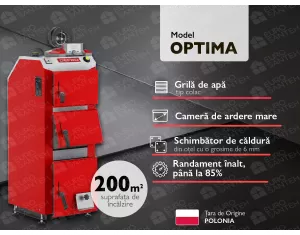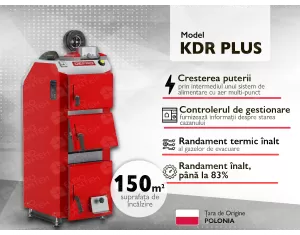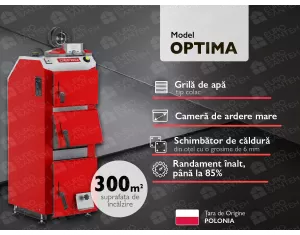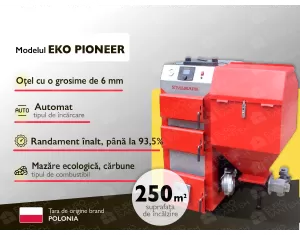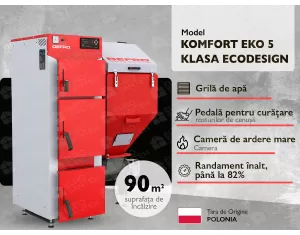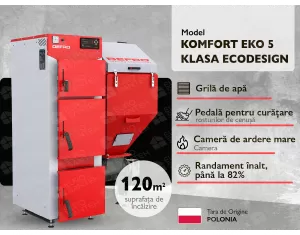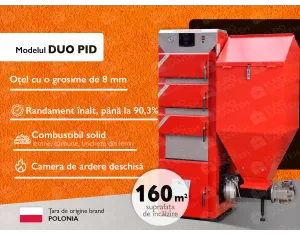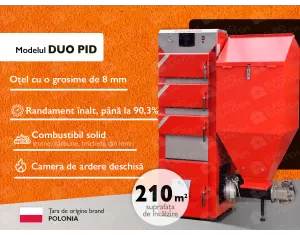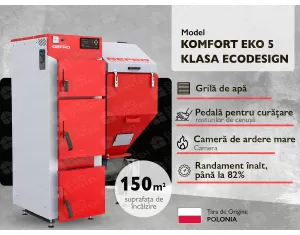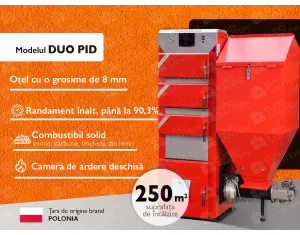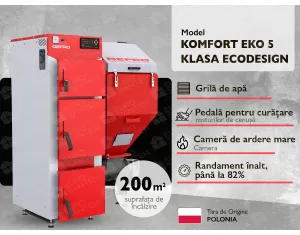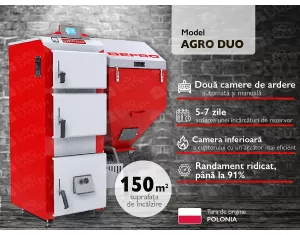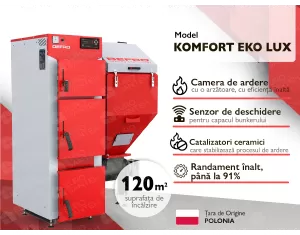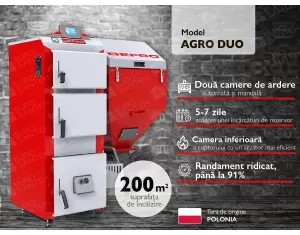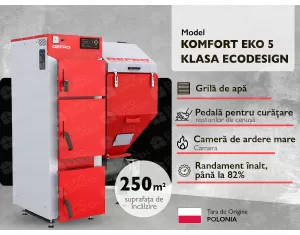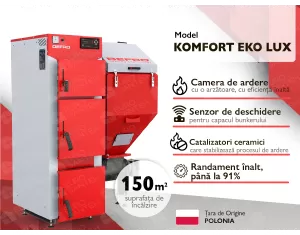Coal boiler with automatic feed
In the realm of energy production, coal boilers with automatic feed systems stand at the crossroads of tradition and innovation. Historically, coal has been a stalwart resource in powering industries and heating homes, yet concerns over environmental impact and efficiency have pushed the boundaries of technological advancement. Today, the integration of automatic feed systems into coal boilers heralds a new era of efficiency, sustainability, and reduced environmental footprint.
At its core, a coal boiler with automatic feed embodies a synergy of engineering prowess and environmental consciousness. Gone are the days of labor-intensive coal shoveling and erratic fuel distribution. Instead, sophisticated automation mechanisms regulate the coal supply, ensuring a consistent and optimized combustion process. This not only streamlines operations but also minimizes human error, thereby enhancing safety standards.
Efficiency lies at the heart of this technological marvel. By precisely controlling the coal feed rate, these boilers achieve optimal combustion conditions, maximizing thermal output while minimizing waste. The result? Higher energy yields per unit of coal consumed, translating into cost savings for industries and homeowners alike. Moreover, the automation of fuel delivery reduces downtime and maintenance intervals, further boosting overall operational efficiency.
In tandem with efficiency, sustainability emerges as a paramount consideration in the modern energy landscape. Coal, despite its abundant availability, has long been associated with environmental degradation due to emissions of greenhouse gases and particulate matter. However, the integration of advanced combustion technologies and emission control systems within coal boilers with automatic feed mitigates these concerns.
One notable advancement is the incorporation of flue gas desulfurization (FGD) units, which remove sulfur dioxide—a major contributor to acid rain—from the exhaust stream. Additionally, electrostatic precipitators and fabric filters trap particulate matter, preventing its release into the atmosphere. These technologies represent significant strides towards reducing the environmental footprint of coal combustion, aligning with global efforts to combat climate change.
Furthermore, the evolution of coal boilers extends beyond mere functionality to encompass versatility and adaptability. Innovative designs accommodate a diverse range of coal grades, from anthracite to lignite, allowing for flexibility in fuel selection based on availability and cost considerations. Moreover, modular construction facilitates scalability, enabling seamless integration into existing infrastructures or the development of decentralized energy systems.
The benefits of coal boilers with automatic feed systems extend beyond individual stakeholders to encompass broader societal and economic impacts. In industrial settings, enhanced efficiency translates into heightened productivity and competitiveness, bolstering economic growth and job creation. Similarly, in residential applications, homeowners reap the rewards of lower energy bills and increased comfort, thereby improving quality of life.
From a global perspective, the widespread adoption of advanced coal boiler technologies contributes to energy security by diversifying the energy mix and reducing dependence on imported fuels. In regions where coal remains a primary energy source, modernizing existing infrastructure represents a pragmatic approach to meeting growing energy demands while minimizing environmental repercussions.
However, the journey towards a sustainable energy future is not without its challenges. Despite technological advancements, the perception of coal as a dirty and outdated fuel persists, hindering widespread acceptance and investment. Overcoming this stigma requires concerted efforts to communicate the tangible benefits of modern coal technologies, emphasizing their role as a transitional energy solution on the path towards renewable alternatives.
Moreover, ongoing research and development initiatives are essential to further optimize the performance and environmental credentials of coal boilers with automatic feed systems. Innovations in materials science, combustion engineering, and emissions control hold the key to unlocking even greater efficiencies and reducing environmental impact.
In conclusion, coal boilers with automatic feed systems represent a convergence of tradition and innovation, marrying the time-honored legacy of coal with the imperatives of efficiency, sustainability, and environmental stewardship. By harnessing cutting-edge technologies, these systems offer a viable pathway towards a cleaner, more resilient energy future, ensuring that coal continues to play a role in powering progress for generations to come.

